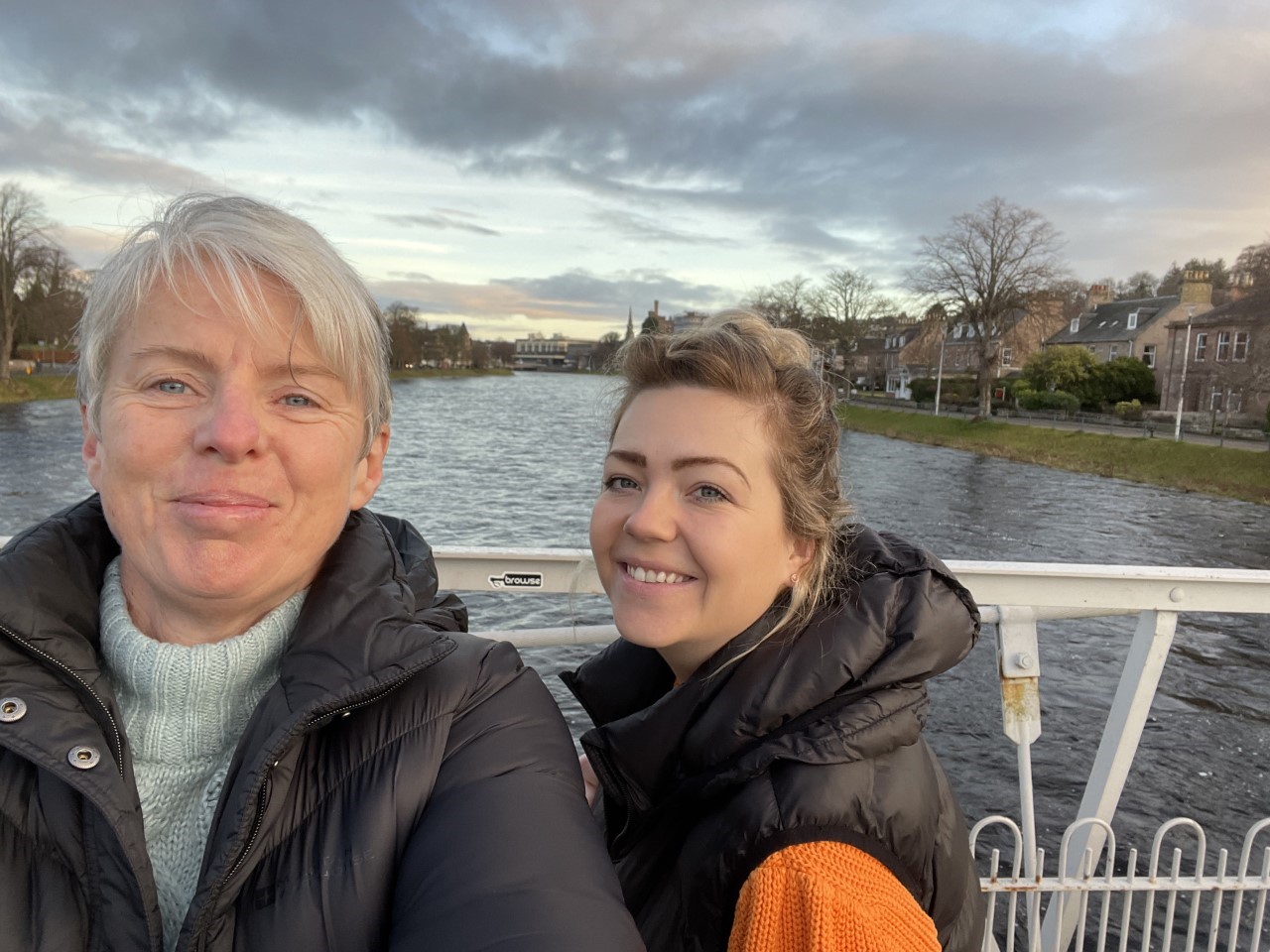The essence of social prescribing

Pictured left to right: Sharyn and Mandy (Project Managers of the Community Link Workers project)
Social prescribing, also sometimes known as community referral, is a means of enabling health professionals to refer people to a range of local, non-clinical services. Change Mental Health is proud to be the lead agency and delivery partner with NHS Highland’s Community Link Worker service. Together, we want to raise awareness of what social prescribing is, how it works, and how it changes lives.
We work in 29 GP practices across Highland and we take referrals directly from GPs and other healthcare professionals within the surgery for any social related problem. We are regularly engaging with these practices to ensure we can deliver the best impact and outcome.
The project has been providing a service to improve health outcomes and reduce reliance on GPs by aiding self-management and embedding community development approaches.
GPs from the Crown Medical Centre in Inverness said: “We are so lucky to have Change Mental Health in our practice – it is making a real difference to people.”
Focus has been placed on 29 GP practices across Highland in areas of high levels of deprivation, including hard to reach communities. When considering these areas, it is important to consider the language used to describe them. Hard-to-reach implies that engagement is lacking because they don’t want to be reached.
However, in the vast majority of cases, the communities are hard to engage because a level of trust and representation hasn’t been built between the public body and the community. So, we should ask ourselves, what can we do to open up engagement?
“We have established strong links in the communities we are working from, where our Community Link Workers have created a live resource directory of support networks which can help the people who are referred to us.
“Completing this exercise has been a major factor in our success with the project so far, this has allowed us to refer to services quickly, and has also helped us identify services which are missing from the community. We are collating this information as part of our evaluation, which is giving a platform for the needs of the community to be heard.”
Mandy
Project Manager, Community Link Worker project
Change Mental Health
At Change Mental Health, we are committed to person-centred approaches and meaningful participation, which encompasses taking a holistic approach with the people we support.
We have identified that complex socio-economic factors have a direct impact on physical and mental health. This includes: loneliness and isolation; poor environment and poor social connections, resulting in severe negative health outcomes. By addressing the socio-economic factors and tackling these health inequalities by taking an approach that meets the needs of the individual, we can achieve much more positive outcomes.
The Community Link Worker project aims to support individuals to take greater control of their own health. Since it began at the end of April 2022, we have received over 700 referrals and prescribed over 1700 times to many different services.
Someone who we have been able to support and socially prescribe said: “I have just been feeling really motivated after speaking to you. Things are moving in a positive direction now and I think that’s a lot to do with your help. You have inspired me to make some changes.”
We have also benefitted some smaller community groups that have been struggling with numbers and funding for their services.
A small group in Wick, which had been wanting to run an anxiety group but never had enough participants, were able to begin running their groups once they received referrals through the Community Link Worker project. The group is continuing to run thanks to our service prescribing to them, which has become an asset to the local community and has enabled conversations about mental health and peer support to benefit people’s wellbeing.
We are also giving rural and remote communities the confidence to apply for funding to set up creative groups and realise the possibilities of what they can do to improve the mental health and wellbeing within their community.
This was largely penned by Mandy Cairns and Sharyn Morgan, two Project Managers for the Community Link Worker project in Highland at Change Mental Health. It was written on Social Prescribing Day, an annual celebration every 9th March of social prescribing, recognising link workers, local community groups and regional and national organisations which support people’s health and wellbeing. Every year, we mark the occasion to share ideas and highlight the impact of social prescribing on people and communities.





